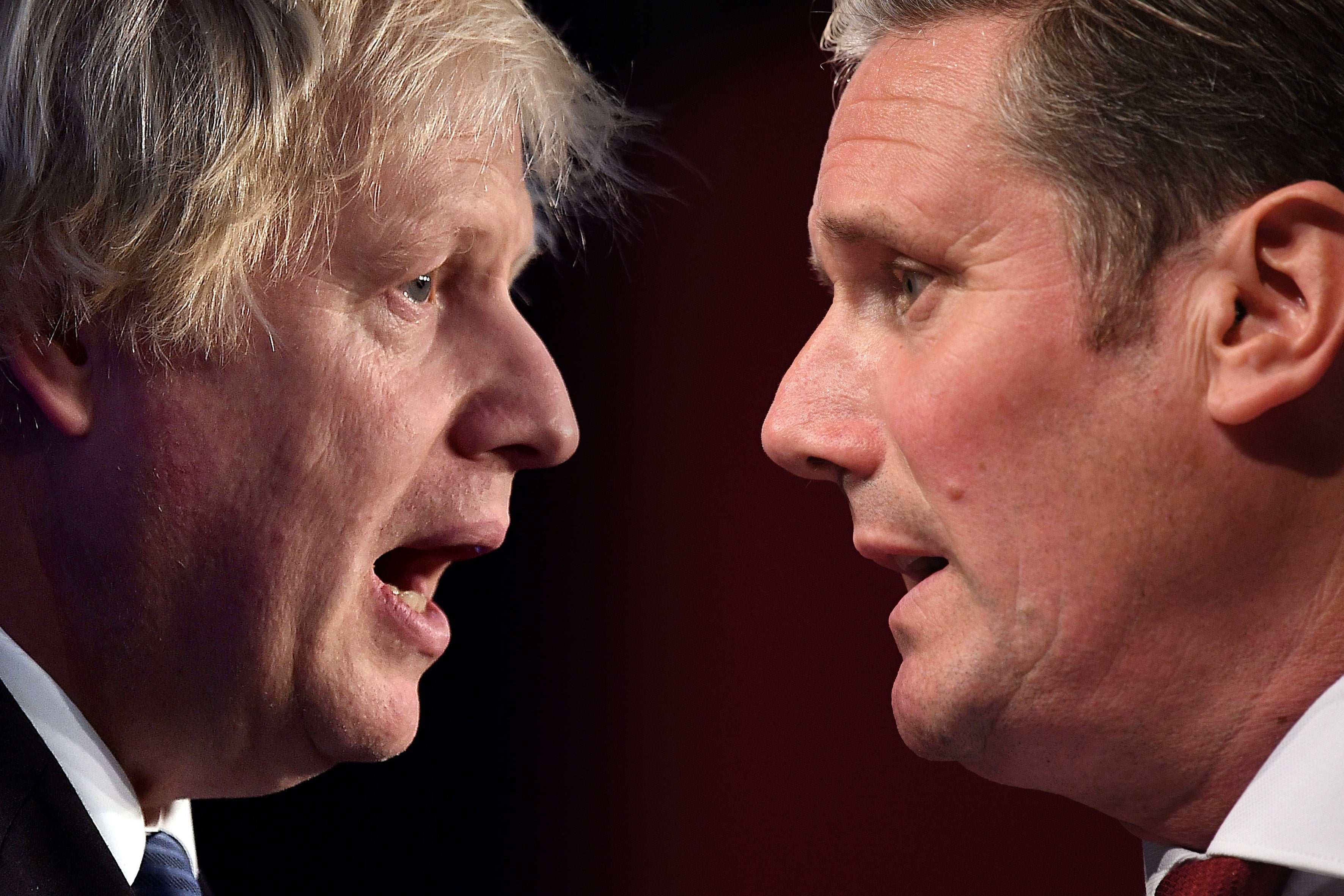Labour, the Conservatives and the politics of poverty
Austerity wrought by the coalition government suggests the Labour Party cannot rely on inequalities delivering a political dividend, no matter the social damage. But rising inflation, fuel price hikes and shortages could soon hit Boris Johnson in the polls, writes Sean O’Grady


If compassion for the poor and a passion for equality were the only things that mattered in politics, the Labour Party would have been in power continuously since its foundation around 120 years ago. Instead, periods of Labour government, and especially Labour majority governments, have been rare. For most of the modern era, the electorate has preferred the approach to social justice favoured by the Conservatives, such as it is.
Indeed, their stingy and mean-spirited attitude to social security – or so their progressive opponents see it – hasn’t prevented the Conservatives from being the most successful grouping in the history of democratic politics anywhere in the world. It’s easy being green, so Boris Johnson remarked, just as it is easy and politically profitable to be mean.
Such is the backdrop to the withdrawal of the furlough scheme and the cut to universal credit (UC) of some £86 a month. In the present chaotic labour market, it is by no means clear what the impact on unemployment will be, even in the short term. Many sectors, “post-Covid” (though the pandemic isn’t over) and post-Brexit, have seen the demand for labour spike, and wage rates rise dramatically. The current shortage of HGV drivers is merely the most high-profile of the areas of scarcity, with personal care and hospitality also experiencing difficulties in recruitment.
On the other hand, there are parts of the economy – entertainment, say, or aviation – where conditions are far from normal. The economy will need to adjust to these shifts in supply and demand. Will a theatre-lighting director working in the West End of London retrain and relocate to, say, Daventry to work in the haulage industry? It is not obvious that such switches will be quick, or take place at all.
Experience in the 1930s and 1980s, previous periods of economic dislocation, suggest that structural unemployment can persist for many years in some areas while others are booming and short of staff. There is not, as yet, much sign that the “levelling up” agenda has caught up with the challenge the country faces.
The impact of the cut to UC is much more obvious, though not always to ministers. The secretary of state for work and pensions looked foolish when she suggested that the cut of about £20 a week could be made up by recipients working an extra hour or two – such are the effects of tapering and income tax that it could take much more than that to make good the shortfall. Many hard-pressed families, working or not, will find their finely balanced household budgets increasingly difficult to live on. Children will suffer, and poverty will increase. Johnson says the most important thing is to get people into well-paid work – which is true, but easier said than done.
So the next few months will be financially very hard for many; ironically, harsher even than the last winter, lived as it was through a peak in Covid infections. In 2020 there were support schemes, not least the UC temporary uplift, furlough, and a range of grants and loans available to companies. Most of those are gone, or going, and tax rises are on the horizon. Yet history, and recent experience during the years of coalition government “austerity”, suggest that the Labour Party cannot rely on such inequalities delivering much political dividend, no matter what the social damage, and no matter how much Labour protests. Indeed, even under the soft-left leadership of Ed Miliband, and the more convincingly socialist Jeremy Corbyn – an avowed warrior for social justice – the Conservatives continued to win their general elections.
The same, though, can’t be said for the wider economic squeeze. The rise in inflation generally, the gas-price spike, the fuel shortage and other shortages may soon squeeze the living standards of the working and middle classes. A wage-price spiral, if it took off, would sooner or later oblige the Bank of England to push interest rates (and thus mortgage bills and overdraft fees) higher, broadly dampening economic growth and employment. Such a cocktail would mean the tightest squeeze on living standards in more than a decade at least. It would also discredit both the government and Brexit itself, to a lesser or greater degree, especially if the government appeared to have lost control over events and was clueless about what to do. Just when we least expect it, some of the conditions for a Labour (and Liberal Democrat) revival could be falling into place.

Join our commenting forum
Join thought-provoking conversations, follow other Independent readers and see their replies
Comments